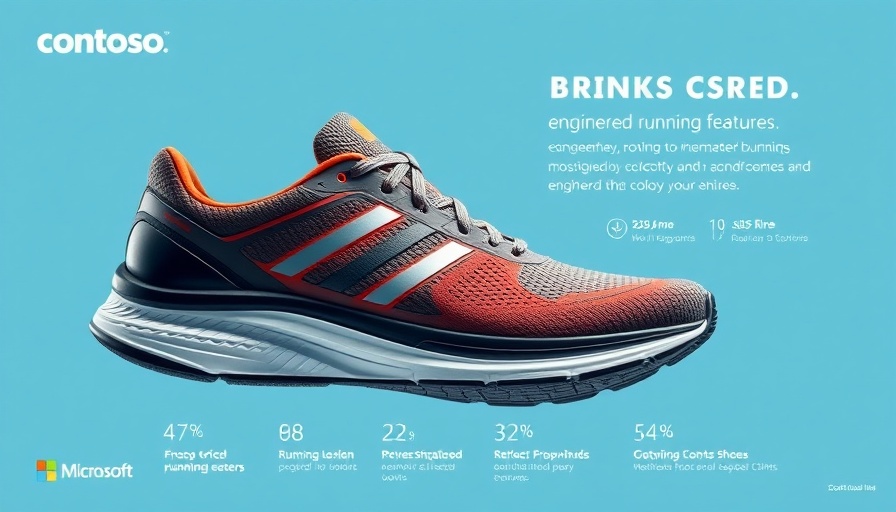
The Future of Advertising: Microsoft’s Bold New Decision
Microsoft is taking advertising into uncharted territory as it announces plans to integrate massive, interactive ads directly into Windows Copilot. For years, users have become accustomed to subtle ads about Microsoft services whispering from various corners of their screens. But now, it seems the tech giant is going all-in with an AI-driven strategy that could redefine how we interact with advertising altogether.
Just How Interactive Will These AI Ads Be?
Imagine asking Windows Copilot about the best electric vehicles and finding yourself not just gazing at text responses, but also facing what Microsoft calls a “Showroom Ad.” This advertisement does not simply sit quietly in the background; it expands into a split-screen experience that allows users to engage with dynamic content, reminiscent of a real-life showroom visit. Microsoft claims that this engaging format will not only serve ads but also enhance user interaction by blending product information into organic inquiries.
Are Users Ready for AI-Driven Marketing?
With elements like personalized Dynamic Search ads, Cortana is now poised to introduce users to offers that seem tailored for them. Microsoft plans to weave location and personal context into its advertising model, without requiring brands to heavy-lift their campaign strategies. This approach reimagines digital marketing, ensuring users encounter more relevant, immediate options; however, it raises critical questions about privacy and user control.
Dynamic Filters: The End of Empty Search Queries?
Another innovative feature being introduced by Microsoft is the dynamic filters, designed to refine search results and enhance the shopping experience. By responding to user inquiries with hyper-relevant suggestions, these features aim to reduce the effort involved in traditional searching. The user is no longer just a nameless searcher; they become part of an interactive narrative where their preferences could dictate what products appear before them.
Ethics of Advertisement in AI
As exciting as these developments may sound, ethical implications loom large. Critics warn of an 'invisible hand' guiding consumer choices silently from the shadows of the desktop. Users may feel overwhelmed and even manipulated as their trust in intelligent systems becomes intertwined with relentless marketing. Will chatbots simply become shiny digital billboards, overshadowing genuine user support?
The Global Impact of AI Ads
The reaction of the marketplace to these ads could shape advertising practices worldwide. Different regions may embrace or resist this new integration based on their cultural perceptions of advertisements. As Microsoft launches Copilot advertisements in multiple languages, such as French, German, Spanish, and Japanese, understanding cultural variances will become crucial for brands wishing to engage successfully.
Concluding Thoughts: Embracing a Digital Future
As Microsoft forges ahead with its vision for Copilot, consuming digital marketing intelligence through ads will undoubtedly evolve. Users must prepare to adapt to an altered internet landscape, where ad engagement becomes increasingly immersive. As the lines between technology, commerce, and personal assistance blur, both consumers and brands will need to recalibrate their understanding of value in the digital marketplace.
 Add Row
Add Row  Add
Add 




 Add Row
Add Row  Add
Add 

Write A Comment